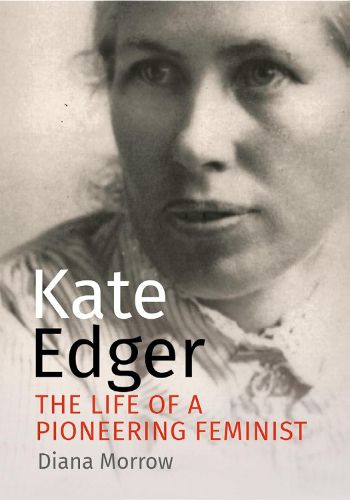Readings Newsletter
Become a Readings Member to make your shopping experience even easier.
Sign in or sign up for free!
You’re not far away from qualifying for FREE standard shipping within Australia
You’ve qualified for FREE standard shipping within Australia
The cart is loading…






In 1877, Kate Edger became the first woman to graduate from a New Zealand university. The New Zealand Herald enthusiastically hailed her achievement as ‘the first rays of the rising sun of female intellectual advancement’. Edger went on to become a pioneer of women’s education in New Zealand. She also worked tirelessly to mitigate violence against women and children and to fortify their rights through progressive legislation. She campaigned for women’s suffrage and played a prominent role in the Women’s Christian Temperance Union and in Wellington’s Society for the Protection of Women and Children. Later in life she advocated international diplomacy and co-operation through her work for the League of Nations Union. Diana Morrow tells the story of this remarkable New Zealand woman’s life and, in the process, provides valuable insights into the role of women social reformers in our history and Edger’s place within a distinctive strand of nineteenth-century Christian feminism.
$9.00 standard shipping within Australia
FREE standard shipping within Australia for orders over $100.00
Express & International shipping calculated at checkout
In 1877, Kate Edger became the first woman to graduate from a New Zealand university. The New Zealand Herald enthusiastically hailed her achievement as ‘the first rays of the rising sun of female intellectual advancement’. Edger went on to become a pioneer of women’s education in New Zealand. She also worked tirelessly to mitigate violence against women and children and to fortify their rights through progressive legislation. She campaigned for women’s suffrage and played a prominent role in the Women’s Christian Temperance Union and in Wellington’s Society for the Protection of Women and Children. Later in life she advocated international diplomacy and co-operation through her work for the League of Nations Union. Diana Morrow tells the story of this remarkable New Zealand woman’s life and, in the process, provides valuable insights into the role of women social reformers in our history and Edger’s place within a distinctive strand of nineteenth-century Christian feminism.